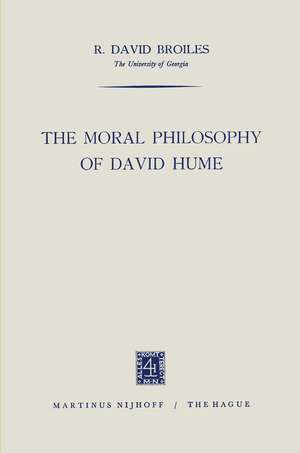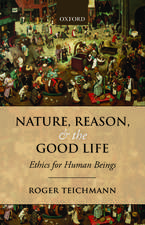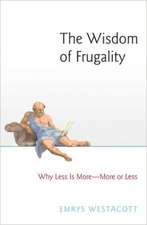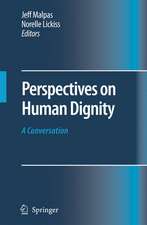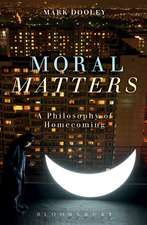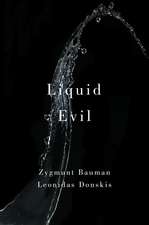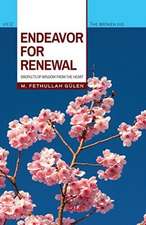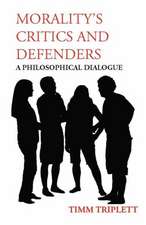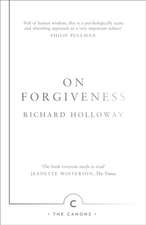The Moral Philosophy of David Hume
Autor R.David Broilesen Limba Engleză Paperback – 1964
Preț: 377.35 lei
Nou
Puncte Express: 566
Preț estimativ în valută:
72.23€ • 78.48$ • 60.71£
72.23€ • 78.48$ • 60.71£
Carte tipărită la comandă
Livrare economică 21 aprilie-05 mai
Preluare comenzi: 021 569.72.76
Specificații
ISBN-13: 9789401186919
ISBN-10: 940118691X
Pagini: 108
Ilustrații: VIII, 99 p. 1 illus.
Dimensiuni: 155 x 235 x 6 mm
Greutate: 0.16 kg
Ediția:1964
Editura: SPRINGER NETHERLANDS
Colecția Springer
Locul publicării:Dordrecht, Netherlands
ISBN-10: 940118691X
Pagini: 108
Ilustrații: VIII, 99 p. 1 illus.
Dimensiuni: 155 x 235 x 6 mm
Greutate: 0.16 kg
Ediția:1964
Editura: SPRINGER NETHERLANDS
Colecția Springer
Locul publicării:Dordrecht, Netherlands
Public țintă
ResearchCuprins
I. Introduction.- II. Hume’s Predecessors.- III. Reason and Passions.- IV. Exciting and Justifying Reasons.- V. Hume’s Critique of the Rationalists.- VI. The “Is-Ought” Passage.
